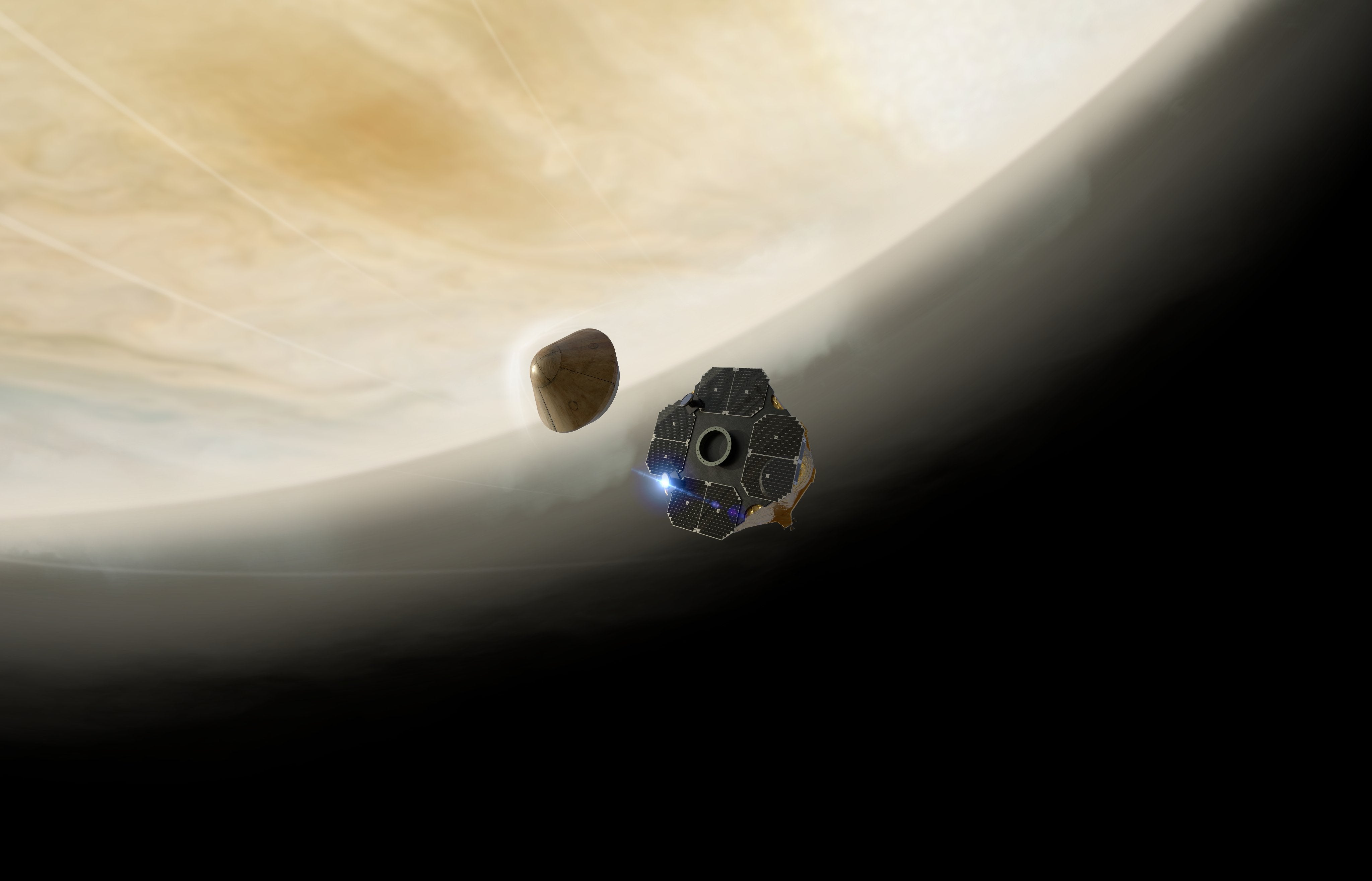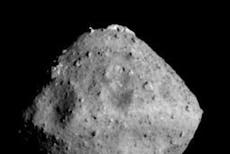Alien life on Venus could be discovered by new probe mission
‘The mission is the first opportunity to probe the Venus cloud particles directly in nearly four decades’, MIT scientists write, adding that ‘breakthrough science is possible’

Alien life on Venus could be detected through a new mission to our neighbouring planet.
Rocket Lab has announced that it will launch an Electron spacecraft and Photon probe through the clouds of Venus in order to detect extraterrestrials that could be inhabiting its atmosphere - approximately 48 to 60 kilometres from the surface of the world.
The 20 kilogram probe, which will launch in 2023, will only spend five minutes in Venus’ clouds but could still find striking discoveries.
“The overarching science goals are the search for evidence of life or habitability in the Venusian clouds. There are two specific science objectives: to search for the presence of organic molecules within cloud-layer particles and to determine the shape and indices of refraction (a proxy for composition) of the ... cloud particles” Massachusetts Institute of Technology researchers, who are being sponsored by Rocket Lab, write in their study.
“The mission is the first opportunity to probe the Venus cloud particles directly in nearly four decades. Even with the mass and data rate constraints and the limited time in the Venus atmosphere, breakthrough science is possible”.
Researchers have suggested that there could be potential lifeforms producing ammonia in the clouds of Venus that are “very unlike anything we’ve seen”, because the colourless gas, a compound of nitrogen and hydrogen, could be indicative of chemical reactions that would make the planet habitable to alien life.
Venus itself is so hot that it is inconceivable to have life forms, and if there is life in the clouds it is likely to be microbes like Earth bacteria – albeit with a chemical composition unlike that we have seen on our planet, or even neighbouring planets like Mars.
However, other scientists have been skeptical of this claim. If there were extraterrestrial life on a planet, it would probably leave behind evidence in its atmosphere, as it eats and lives – but no such evidence was found on Venus, Cambridge’s Department of Earth Sciences suggests.
“We looked at the sulphur-based ‘food’ available in the Venusian atmosphere – it’s not anything you or I would want to eat, but it is the main available energy source,” said Sean Jordan from Cambridge’s Institute of Astronomy.
“If that food is being consumed by life, we should see evidence of that through specific chemicals being lost and gained in the atmosphere.”
Join our commenting forum
Join thought-provoking conversations, follow other Independent readers and see their replies
Comments


Bookmark popover
Removed from bookmarks